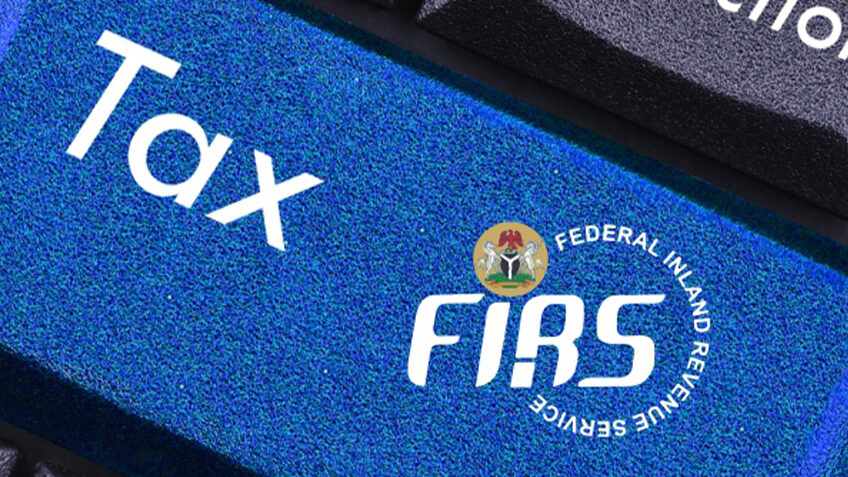Self-assessment tax is a system where individuals calculate their own tax based their on income and submit it to the tax authority, rather than having the government assess it for them.
Understanding Self-Assessment Tax
Self-assessment tax is a system of taxation where taxpayers are responsible for calculating their own tax liability based on their income, as well as filing returns and making payments to the tax authority. This is different from more traditional systems, where the government assesses the tax owed.
In Nigeria, it applies to personal income and covers both Pay-As-You-Earn (PAYE) for employed individuals and direct assessment for self-employed persons. The system was introduced to reduce administrative burdens on tax authorities and requires taxpayers to declare their income, claim deductions and compute tax due and submit returns by statutory deadlines.
The Ogun State Internal Revenue Service (OGIRS) describes it as a “do it yourself, easier and convenient approach,” that enables taxpayers to assess themselves, pay through designated banks and obtain an electronic Tax Clearance Certificate (e-TCC) without visiting tax offices.
Late returns penalty and interest are imposed without fail, as the case may be, in the case the taxpayer fails to meet their obligations. The tax authority exercises its right under the law by issuing administrative assessments on taxpayers who fail to file tax returns on the due date.

The Historical Origins of Self-Assessment Tax
The history of self-assessment tax in Nigeria is intertwined with its colonial past under British rule (1861–1960). During this period, taxation was primarily a tool for funding colonial administration and development, with taxes imposed directly by the British through native authorities.
The Native Revenue Proclamation No. 2 of 1906 is a key example. The proclamation was introduced by Sir Frederick Lugard in the Muslim north, establishing direct taxation systems. This was not necessarily self-assessment but a government-imposed levy that was often collected through local chiefs.
The broader history of taxation dates back to ancient civilizations, where taxes funded public works and military campaigns. In Britain, the evolution toward self-assessment began with early income declarations, culminating in the 1996 Self Assessment system.
Nigeria adopted the system in 1991, with operational effect from 1992 and full implementation by 2011. The system was, in principle, a modern adaptation that was likely influenced by post-colonial reforms to align with global practices.
The Supporting Arguments
Several philosophical principles underpin self-assessment:
- Trust in Citizens: It assumes taxpayers are honest and capable by signing declarations about their income to confirm the accuracy of their returns. This makes it a sort of partnership with the state.
- Efficiency: By shifting calculation to taxpayers, the self-assessment system reduces administrative costs which allows governments to focus on enforcement and public services.
- Accountability: Self-assessment encourages individuals to take ownership of their tax obligations, a move that promotes civic duty and reduces evasion.
- Simplification: For compliant taxpayers, it streamlines processes for them by enabling them directly file and pay their taxes directly without waiting for assessments.
However, its critics argue that it places undue pressure on individuals, especially those with limited financial literacy. They also argue that relies heavily on integrity, which can be challenging in environments with high tax evasion rates such as Nigeria.

How It Compares With Other Systems of Taxation
Self-assessment is one of several global tax collection methods, each with distinct features:
| System | Description | Compliance Needs | Fairness Considerations |
|---|---|---|---|
| Direct Assessment | Government calculates tax based on reported income. | Low, as calculation is handled by authorities. | May delay assessments, potentially unfair if inaccurate. |
| Withholding Taxes | Taxes deducted at source, e.g., PAYE for employees. | Low, as employers remit taxes. | May miss non-employment income, less fair for self-employed. |
| Presumptive Taxation | Assumes fixed income for certain professions, taxing accordingly. | Low, simplifies collection. | Can be unfair if income varies, common in developing countries. |
| Value-Added Tax (VAT) | Indirect tax on goods/services, collected by businesses and remitted to government. | Low, businesses handle collection. | Broad-based, but regressive, impacting lower-income groups. |
Self-assessment stands out for its emphasis on individual responsibility and for requiring active engagement, unlike withholding taxes or VAT, which are less dependent on taxpayer action. Direct assessment, the more common, historically, contrasts by placing the burden on the state, potentially leading to inefficiencies. Presumptive taxation, used in some developing nations, simplifies collection but may not reflect actual earnings, thus raising fairness concerns.

Self-Assessment and Taxpayers Responsibilities
It is the responsibility of the citizen to:
- Accurately calculate tax liability based on income, including all sources.
- File tax returns and pay taxes by statutory deadlines, typically through designated banks.
- Obtain an e-TCC as proof of compliance, with penalties for late filing or non-payment, such as interest and fines.
Regardless, Nigeria still faces challenges to self-assessment compliance, including low financial literacy, a large informal sector, low trust in government institutions and weak enforcement. All these impact compliance rates. Despite a string of reforms, including the upcoming one being pursued by President Tinubu, personal income tax remains inefficient, with contributions to total revenue consistently low.
Conclusion
Self-assessment tax in Nigeria, introduced in 1991 and fully implemented by 2011, reflects a modern approach to taxation that emphasizes individual responsibility and trust. Rooted in British colonial practices, it contrasts with historical direct taxation systems and other global methods like withholding taxes or VAT. While philosophically sound, its effectiveness in Nigeria is hampered by compliance challenges, thus underscoring the need for improved financial education and enforcement.
